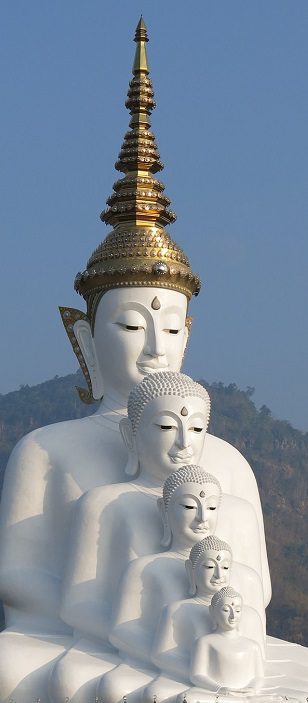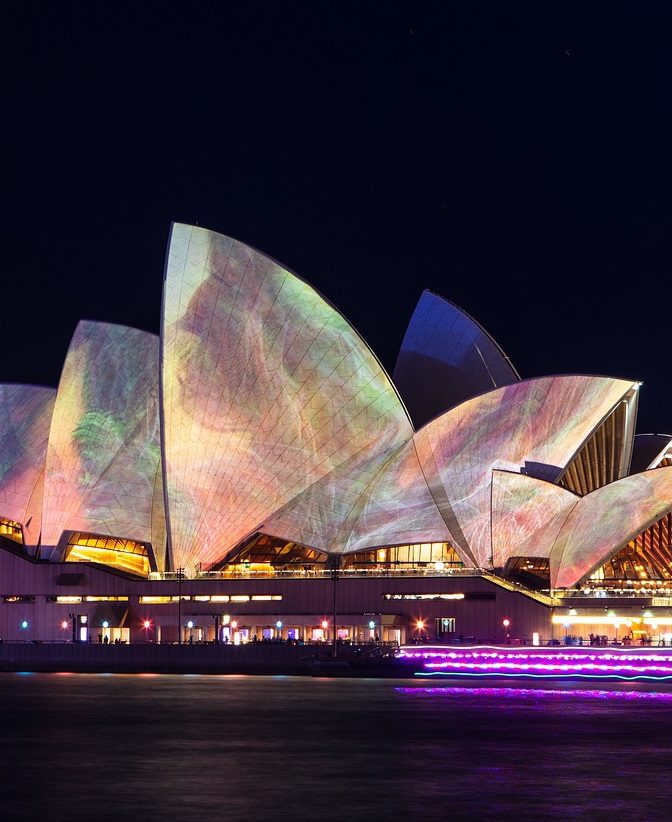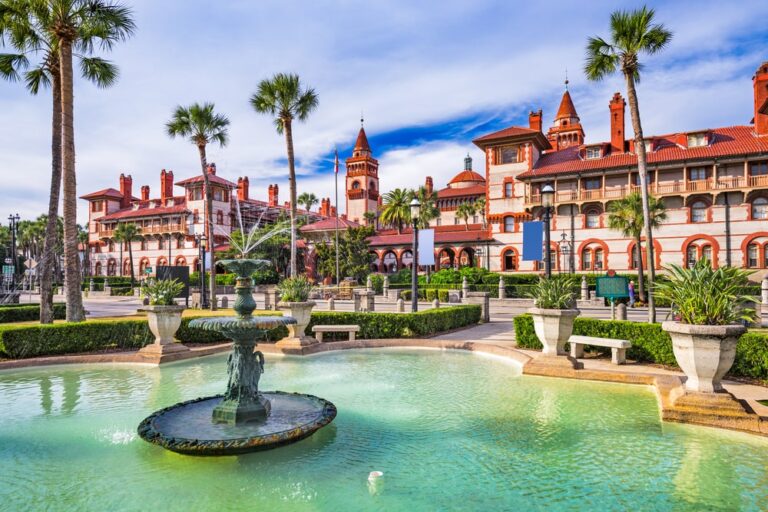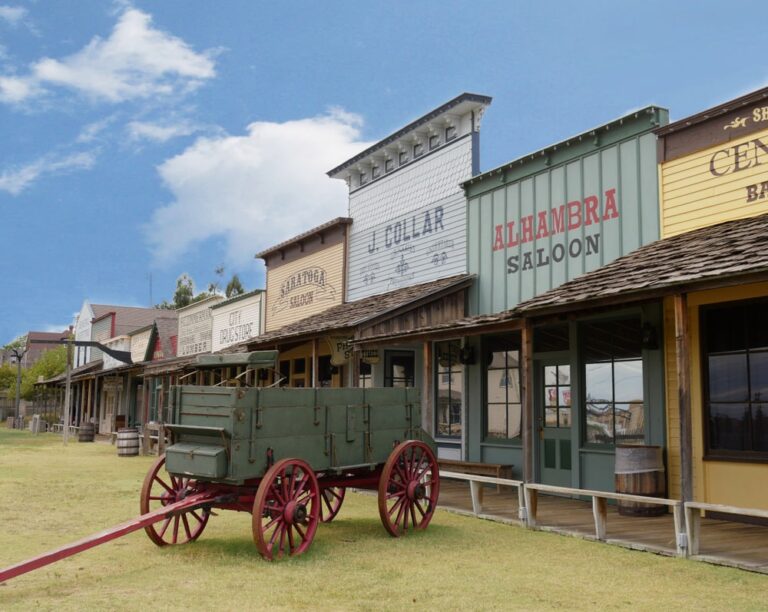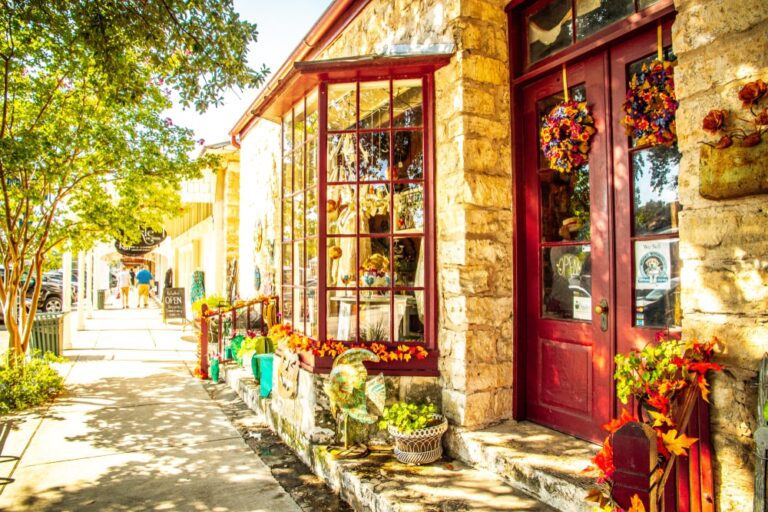
Beautiful Buildings
Looking at the same old predictable and uninspired buildings can get old. Architecture is more than just constructing the most cost-effective properties without room for any form of expression or creative value.
That’s why when we see a beautiful building that breaks the mold, literally and figuratively, we stop and examine it, and we remember it for the rest of our lives. The US’s inclination to do things on its own, often distinctive and stubborn, has resulted in hundreds of innovative and eclectic beautiful buildings.
But where can you find all these wonders? We’ve done some research to find interesting buildings to include on your next sightseeing adventure and have come up with the perfect ones! Here are the top 22 most beautiful buildings in the country’s relatively young but impressive history.


